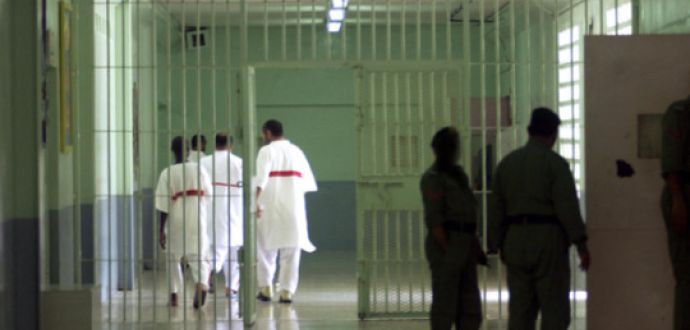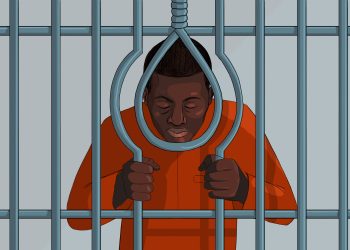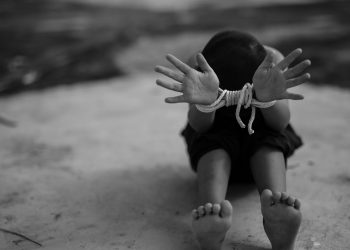Human Lives Human Rights: UAE authorities carried out the UAE-94 case, which was a grossly unfair mass trial against dissidents and members of the al-Islah political movement in 2012–2013.
The prosecution used coerced “confessions” as a key element of the evidence, and these were accepted by the court.
A group of dissidents in the UAE are languishing behind bars despite having completed their prison sentences. The UAE authorities are using a vaguely worded “counterterror” law, which enables them to arbitrarily keep people in detention on the pretext of “counter-extremism counselling.”
In March and April, 10 men, who were arrested in 2012 as part of a crackdown on peaceful dissent and political opposition, were due to be released after completing their sentences, yet they remain locked up. The men were among 94 Emiratis who were prosecuted in the ‘UAE-94’ case, and among 69 who received unappealable prison sentences following a grossly unfair mass trial.
Rights groups say that these men have already spent a decade behind bars for daring to speak out against the Emirati authorities or being perceived as political opposition, and now this injustice is being prolonged past their long-awaited release dates.
This is the latest example of how UAE authorities weaponize the justice system, undermine the rule of law, criminalize peaceful dissent, and silence anyone who disagrees with them.
Out of 15 total UAE-94 defendants whose sentences are over, the UAE has released only one. The UAE-94 trial overall is unlawful as a mass prosecution that resulted in the arbitrary detention of dozens of people without respect for their right to a fair trial, and found at the time of the trial that 11 of the 14 UAE-94 prisoners now held past the end of their sentences are prisoners of conscience.
Others were prosecuted because of their association with al-Islah, an Emirati Islamist group which was affiliated with the international Muslim Brotherhood movement.
According to Emirati exiles and UAE-94 prisoners’ family members, the prison administration handed the 10 men who were due for release in March and April a paper six months before the end of their sentences, stating that they would continue to be held after their sentences for “counselling”.
Since 2017, cases of 10 prisoners from other trials have been monitored whom the Emirati authorities have denied release when they completed their sentences. They were all prosecuted solely for peacefully exercising their rights to freedom of expression and association.
Under its 2014 counterterrorism law, Emirati courts can order, upon the request of the Federal Office of Public Prosecution, a person “adopting extremist or terrorist thought” to be placed in “counselling centres”.
The centre is supposed to submit a report every three months to the Office of Public Prosecution, which is used by courts to determine whether the person can be released. The law gives the prisoner no right to be present or to have legal representation in these proceedings, and no right to appeal their continued detention.
Additionally, all prisoners held past the end of their sentences continue to be jailed in the same prison, and in the same conditions, as before.
This is the latest example of how UAE authorities weaponize the justice system, undermine the rule of law, criminalize peaceful dissent, and silence anyone who disagrees with them.


















